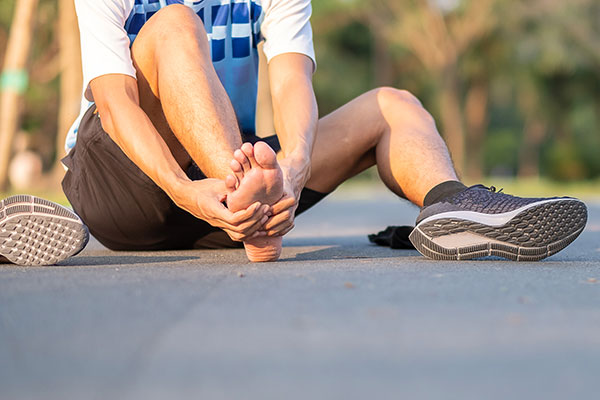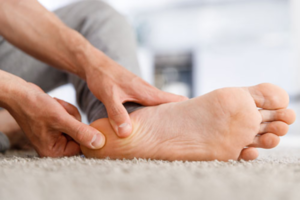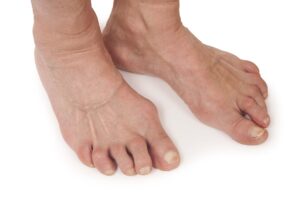
Hip Dysplasia: A Guide for Parents and Adults
Hip dysplasia (developmental dysplasia of the hip – DDH) is a condition that affects the hip joint.

You’ve got heel pain. It interrupts your daily activities and annoys you at work. You start to see a health professional about it. Diagnosed as plantar fasciitis. You get treated for this but it’s not going away. It’s starting to frustrate you, so what can be happening?
Our heels are made up of various nerve and muscle bundles that work as a team to allow our foot to function efficiently while we walk. While muscle tendons and ligaments commonly get overworked in our heels, nerve injuries are often overlooked. Rather than getting strained or sprained, like tendons or ligaments, nerves get impinged and compressed from the structures surrounding them. This is commonly seen in recurring heel pain. One common nerve condition that arises similarly to plantar fasciitis in heel pain is an entrapment of the nerve called the Lateral Plantar Nerve, also known as Baxter’s Nerve Entrapment.

Symptoms for this nerve entrapment are similar to plantar fasciitis. Pain arises on the inside of your heel, it is intense when you step out of bed in the morning and is often worse at night. However, the distinguishing factor from plantar fasciitis is that you feel a shooting pain in your feet. Commonly, you may get prescribed with orthotics by your health professional thinking that you may get treated for plantar fasciitis. However, more pain will arise as the orthotics cause more compression on the nerve already impinged.
How do we treat this condition?
Heel pain can often be a confusing part of the body to treat. If you are having problems with your heels, let the team at SOLE–LUTION PODIATRY help you. You can reach us on 02 9569 5145.
Thanks!
Luke Sassine
Sole–Lution Podiatry

Hip dysplasia (developmental dysplasia of the hip – DDH) is a condition that affects the hip joint.

Heel pain can be a real drag, especially when that first step in the morning feels like stepping on a tack. One culprit behind this discomfort can be heel spurs. But what exactly are they, and more importantly, how can you fix them?

Arthritis in the feet can significantly disrupt your daily life, turning simple walks into painful struggles.